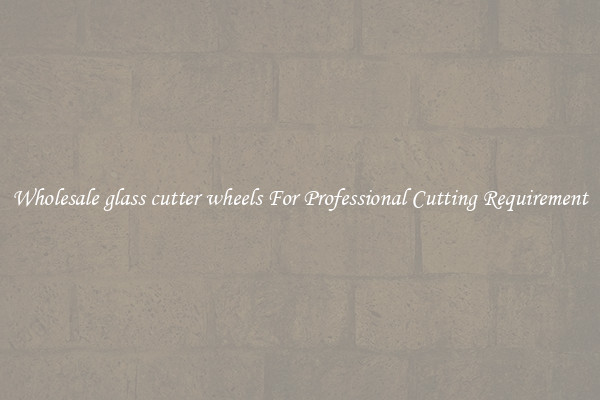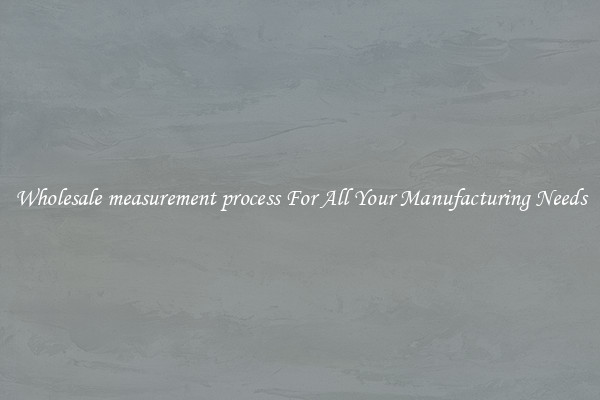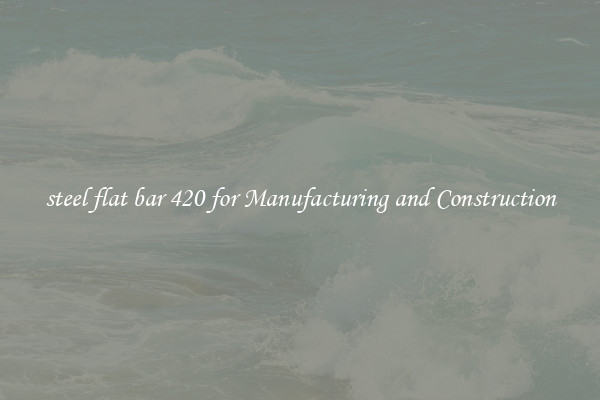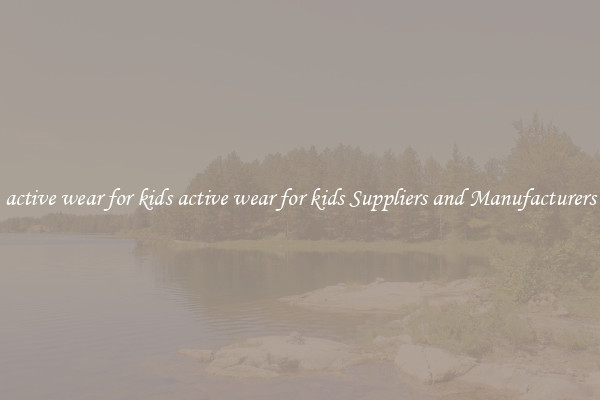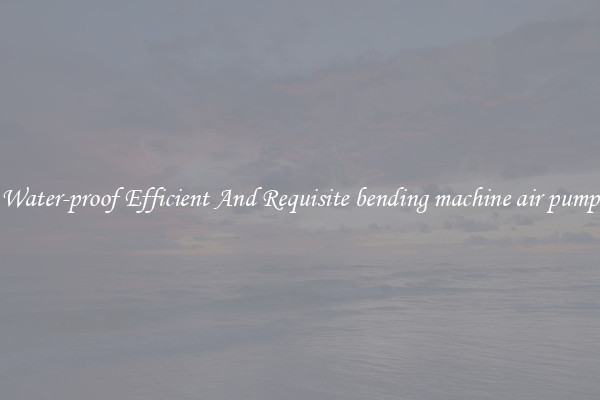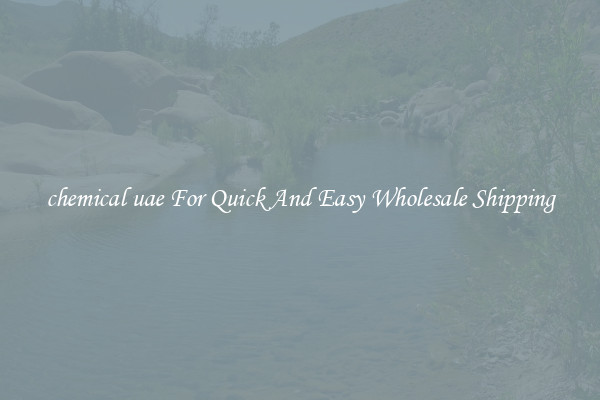Wholesale safety requirement For All Your Manufacturing Needs
Wholesale Safety Requirements for All Your Manufacturing Needs
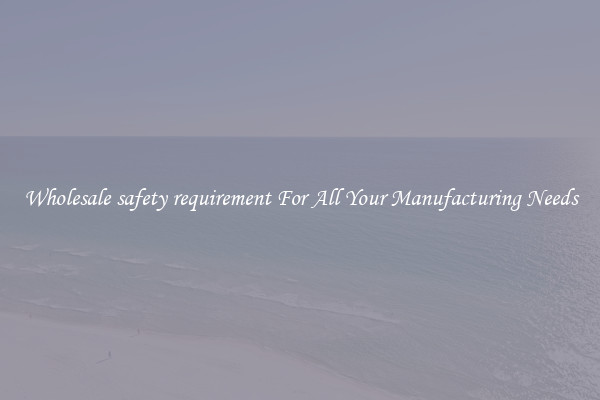
When it comes to manufacturing, safety should always be a top priority. Regardless of the industry or products being made, it is crucial to have proper safety protocols in place to protect both workers and consumers. That is why wholesale safety requirements are essential for all manufacturing needs.
One of the key aspects of wholesale safety is ensuring that all workers are provided with the necessary protective equipment. This can include items such as goggles, gloves, earplugs, and safety shoes. These are designed to shield workers from potential hazards, such as chemicals, loud noises, and falling objects.
In addition to personal protective equipment, manufacturing facilities must also have proper safety signage. Clear and visible signs should be placed throughout the facility to indicate dangerous areas or potential risks. This not only helps workers stay alert and aware of their surroundings but also assists visitors or inspectors in navigating through the premises safely.
Another crucial aspect of wholesale safety is regular inspections and maintenance of machinery and equipment. Manufacturing facilities often rely on heavy machinery, conveyor belts, and other tools that can pose serious risks if not properly maintained. Regular inspections help identify any potential issues or faults that could lead to accidents or breakdowns.
Furthermore, training programs should be implemented to educate workers about safety procedures and best practices. These programs should cover topics such as how to handle hazardous materials, what to do in case of emergencies, and proper machine operation techniques. By providing comprehensive training, manufacturing companies can ensure that all employees are well-informed and equipped to handle potential risks.
Additionally, it is essential to have emergency response plans in place. In the event of a fire, chemical spill, or any other emergency, having a well-defined plan can greatly reduce the risk of injuries or fatalities. Emergency exits, evacuation routes, and designated meeting points should be clearly marked and regularly practiced.
Furthermore, wholesale safety requirements can also extend to product quality control. It is vital to ensure that all products leaving the manufacturing facility meet strict safety standards. This includes testing and inspecting goods for potential flaws, such as sharp edges, loose parts, or toxic materials. Implementing effective quality control measures not only protects consumers but also safeguards the reputation of the manufacturing company.
In conclusion, wholesale safety requirements are fundamental for all manufacturing needs. By prioritizing worker safety, implementing proper safety protocols, and ensuring product quality control, manufacturing companies can create a safe and secure environment for their employees and consumers alike. Remember, safety should never be compromised in any manufacturing process, as the consequences of negligence can be severe and far-reaching. So, always prioritize safety and make it an integral part of your manufacturing operations.

View details

View details

View details
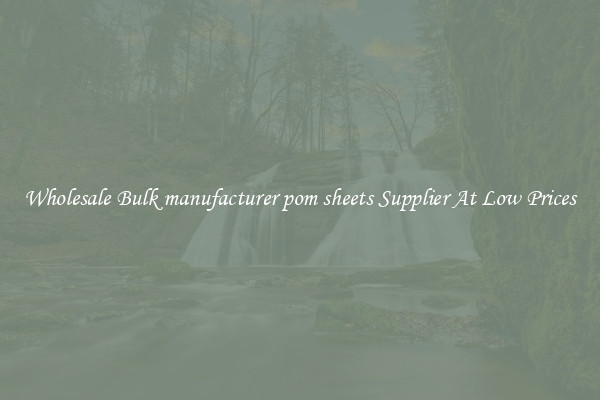
View details
